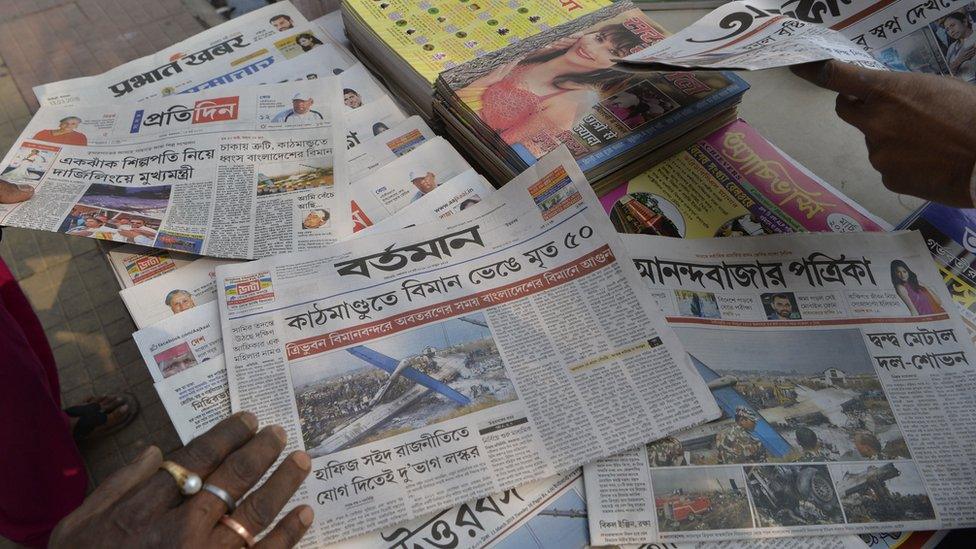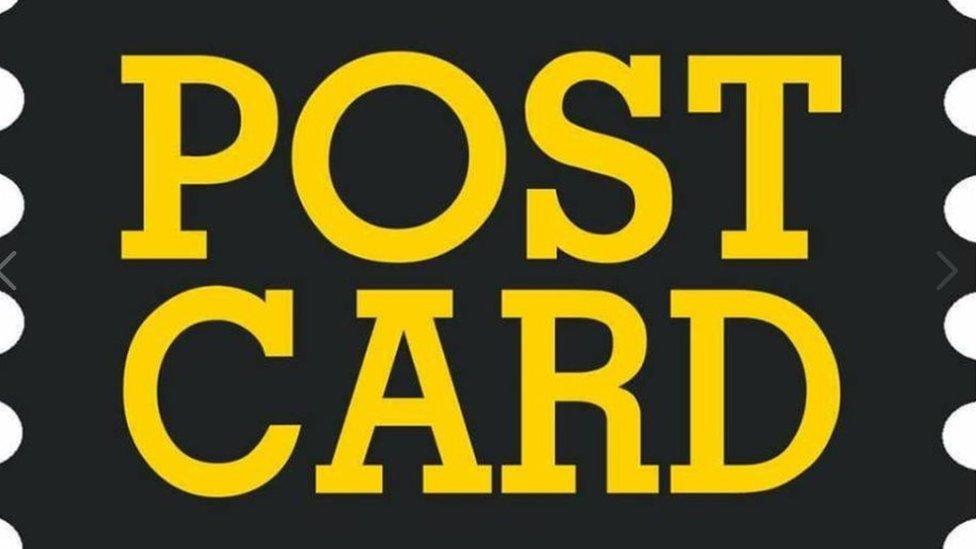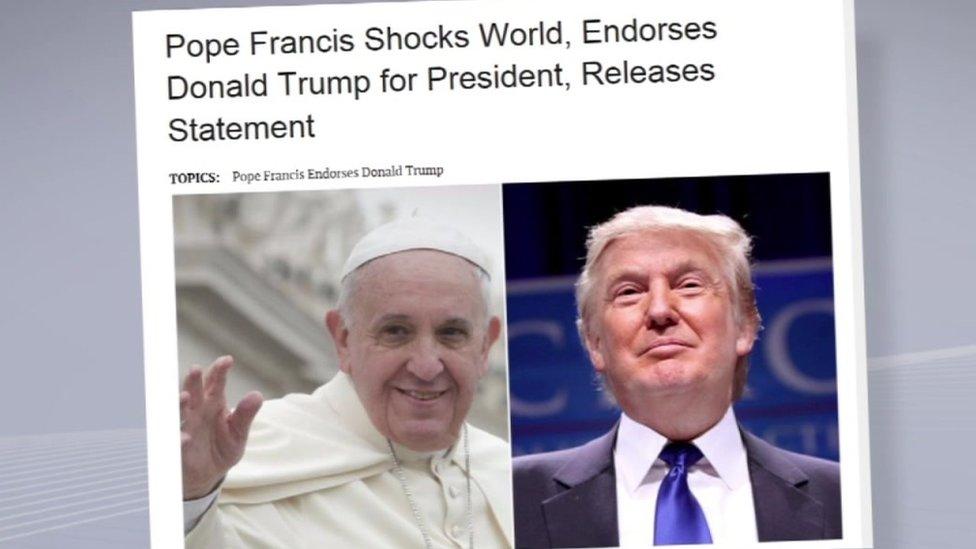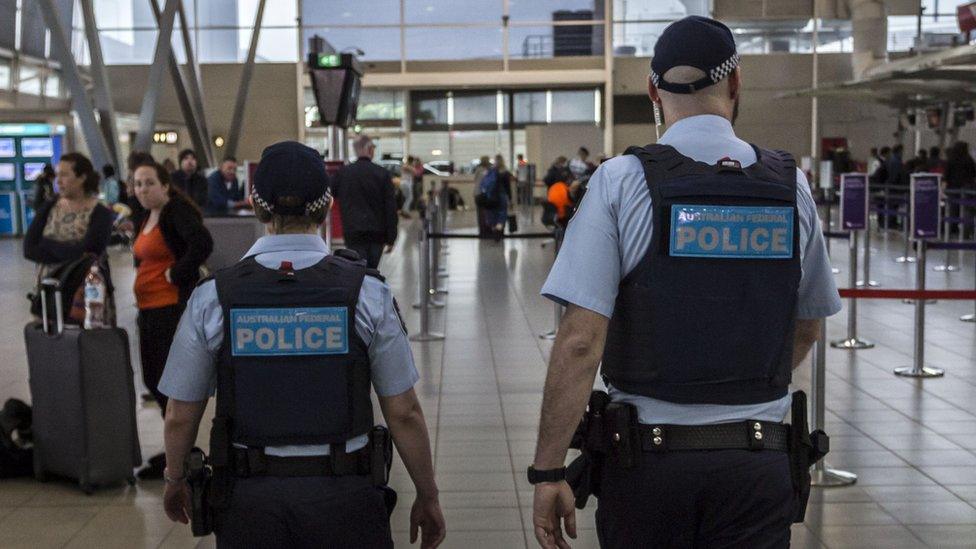India PM Narendra Modi overturns ministry crackdown on fake news
- Published

India's Prime Minister Narendra Modi has ordered his minister to withdraw an order that sought to "punish" journalists accused of fake news.
Information minister Smriti Irani's announcement that the government would suspend the accreditation of journalists found producing fake news had drawn widespread condemnation.
The order had also proposed amended guidelines for obtaining accreditation.
Indian journalists and editors had called it an "attack on press".
The Ministry of Information and Broadcasting had justified its order, saying it was needed to combat "increasing instances of fake news". It did not, however, explain how it would define fake news.
The Press Information Bureau (PIB) accreditation allows reporters significant benefits, including access to government buildings and official events.
Mr Modi's quick withdrawal of the information ministry's notification has raised some eyebrows, while others expressed cautious optimism.
Allow X content?
This article contains content provided by X. We ask for your permission before anything is loaded, as they may be using cookies and other technologies. You may want to read X’s cookie policy, external and privacy policy, external before accepting. To view this content choose ‘accept and continue’.
Allow X content?
This article contains content provided by X. We ask for your permission before anything is loaded, as they may be using cookies and other technologies. You may want to read X’s cookie policy, external and privacy policy, external before accepting. To view this content choose ‘accept and continue’.
Allow X content?
This article contains content provided by X. We ask for your permission before anything is loaded, as they may be using cookies and other technologies. You may want to read X’s cookie policy, external and privacy policy, external before accepting. To view this content choose ‘accept and continue’.
After the initial announcement from Ms Irani, many swiftly condemned the move as an attempt by the government to intimidate the press, pointing out various flaws in the new measures.
Experts said it ignored journalists that do not have government accreditation, raising doubts over whether it could actually temper fake news and the rise of alternative outlets.
Allow X content?
This article contains content provided by X. We ask for your permission before anything is loaded, as they may be using cookies and other technologies. You may want to read X’s cookie policy, external and privacy policy, external before accepting. To view this content choose ‘accept and continue’.
Allow X content?
This article contains content provided by X. We ask for your permission before anything is loaded, as they may be using cookies and other technologies. You may want to read X’s cookie policy, external and privacy policy, external before accepting. To view this content choose ‘accept and continue’.
Allow X content?
This article contains content provided by X. We ask for your permission before anything is loaded, as they may be using cookies and other technologies. You may want to read X’s cookie policy, external and privacy policy, external before accepting. To view this content choose ‘accept and continue’.
Allow X content?
This article contains content provided by X. We ask for your permission before anything is loaded, as they may be using cookies and other technologies. You may want to read X’s cookie policy, external and privacy policy, external before accepting. To view this content choose ‘accept and continue’.
In March, the editor of a non-accredited Indian website was held over publishing a false story about Muslims attacking a monk. India has no law against fake news, but publishing content that could incite religious hatred is an offence.
Reporters Without Borders, a non-profit organisation, ranked India at 136 out of 180 countries, external in its press freedom index last year.
- Published30 March 2018

- Published9 February 2017

- Published29 March 2018
